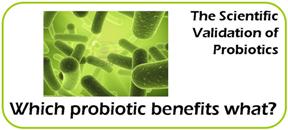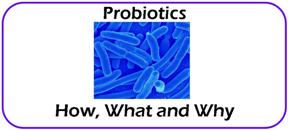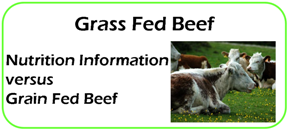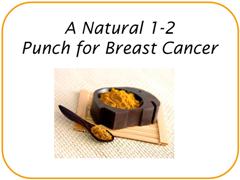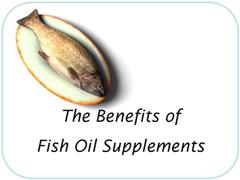|
The Curry Spice Curcumin May be the Newest Natural Cancer Treatment For Brain TumorsGlioblastomas are brain tumors with a median survival of one year. There has been no improvement in the mortality rate for this type of cancer in decades. It is a field begging for a natural cancer treatment. Enter the curry spice, curcumin. Research published in the July 2011 issue of the Journal of Nutritional Biochemistry shows that the curry spice curcumin may be the newest natural cancer treatment against glioblastomas. Three types of brain tumor cells were grown in a dish. (It's important that they used three kinds of cells because each cell type represents a different set of genetic mutations that made the cells start acting "cancerous.") Curcumin was added to the dish of the cancer cells, as well as to the dish of healthy glial cells - since glioblastomas are glial cells gone haywire. Here's what happened:
And these results were selective for the cancerous cells only. It took almost four times more curcumin to kill healthy, non-cancerous brain cells. Then, the authors injected healthy rats with brain tumors to see how curcumin affected the development and progression of cancer in a complete animal. They waited until 10 days after the tumor had been injected, and treated the animals with curcumin for another 10 days. In a field that has been at a virtual standstill, with no accepted cure for glioblastomas, the results were:
Remember, the curcumin treatment didn't start until 10 days after the cancerous cells were injected into the animals' brains. So here's what I think needs to happen next. Obviously, we want to see some research in humans, but even in the animal model, there are some unanswered questions. First, I would like to know if rats were treated with chemotherapy instead of curcumin for 10 days after being injected with a glioblastoma... what kind of tissue toxicity would we see? What would the survival rate be after 20 days? And how many would develop cancer? Basically, in a side-by-side comparison, how does curcumin compare to chemotherapy? Also, in order to look at the brains of these animals and see whether tumors had developed and how many cells had died, all of the animals were sacrificed at the end of the 20 day experiment. There is no little rat-MRI to look for tumor masses in the little rat brain. So, I would love to know the survival rate of the animals that are treated with curcumin and not treated. What is the median life span after injection with the brain tumor in the two groups if we just let them live as long as they can? Also, the curcumin in the rats was injected into the central body cavity that surrounds all of the organs. Imagine a big needle plunged into your gut, but no specific organ. And the dose was 50mg per kg each day. That would be the equivalent of over 4 grams of curcumin injected into a 180lb person each day. We don't know how the digestion of curcumin affects its potency. So additional studies are needed to determine whether taking curcumin in a pill form, or in food is beneficial to cancer patients. Finally, the authors, Alfeu Zanotto-Filho and colleagues showed that curcumin improved the effects of chemotherapy on cancerous cells. However, they did not study the effects of chemotherapy on healthy brain cells with or without curcumin. It would have been interesting to see if curcumin was able to protect the healthy brain cells from chemotherapy at all. While much more research is needed before curcumin can be introduced at the bedside, it may just be the next natural cancer treatment. What do you think? Are you excited about the prospects of curcumin as a natural cancer treatment? Join the conversation below. Return to Current Science News from The Newest Natural Cancer Treatment Go to the Science of Natural Health Homepage from The Newest Natural Cancer Treatment |







